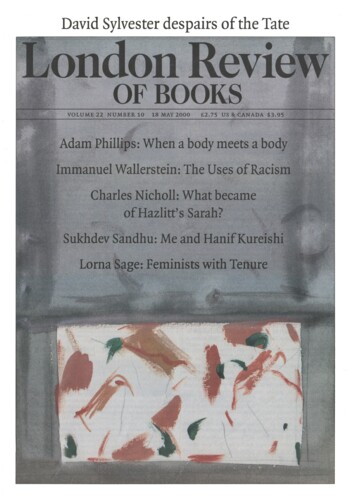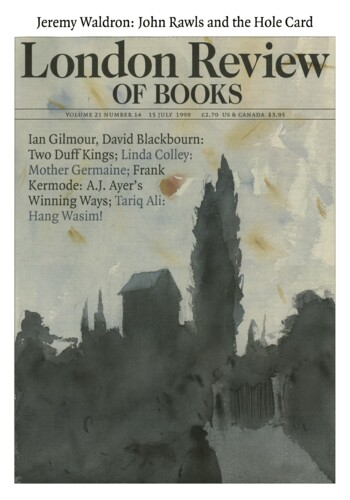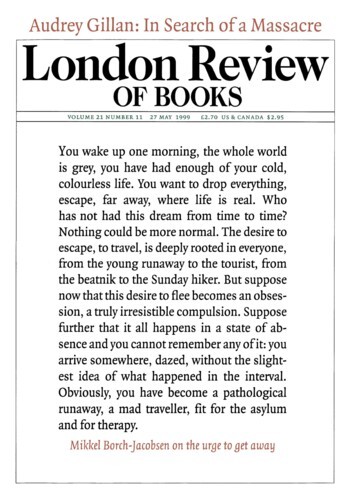When Tim Parks reviewed Salman Rushdie’s latest novel, The Ground beneath Her Feet, in the New York Review of Books he grumbled ‘that the sheer quantity of events that crowd these 575 pages is such as to overwhelm any depiction of inner life or any mind’s attempt to grasp the half of them’. By the end of his piece he is thoroughly exasperated: ‘By making the double gesture of appearing clear-sighted and then filling his pages with supernatural incident and metaphysical muddle that could mean anything or nothing, Rushdie, and many like him [my italics], play to those who, while understandably unwilling to subscribe to any belief so well defined as to be easily knocked down, nevertheless yearn to have all the mystical balls kept perpetually spinning in the air before them. Closet New Agers will be thrilled. The potential readership is huge.’ So boo squish to Vikram Chandra too, and a reprimand even for Vikram Seth, who doesn’t go in for mystical mythography, it is true, but might be accused of narrative plethora; he certainly fits in with the idea of fiction held by Rushdie’s naive hero: ‘I always thought story-telling was like juggling … You keep a lot of different ideas in the air, and juggle them up and down, and if you’re good you don’t drop any.’‘
When Tim Parks reviewed Salman Rushdie’s latest novel, The Ground beneath Her Feet, in the New York Review of Books he grumbled ‘that the sheer quantity of events that crowd these 575...





